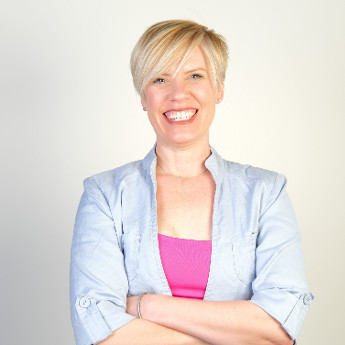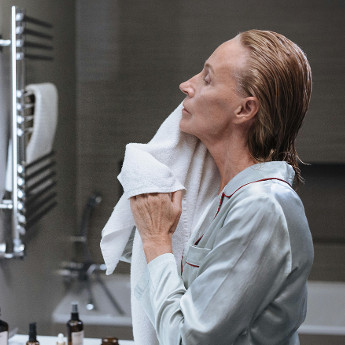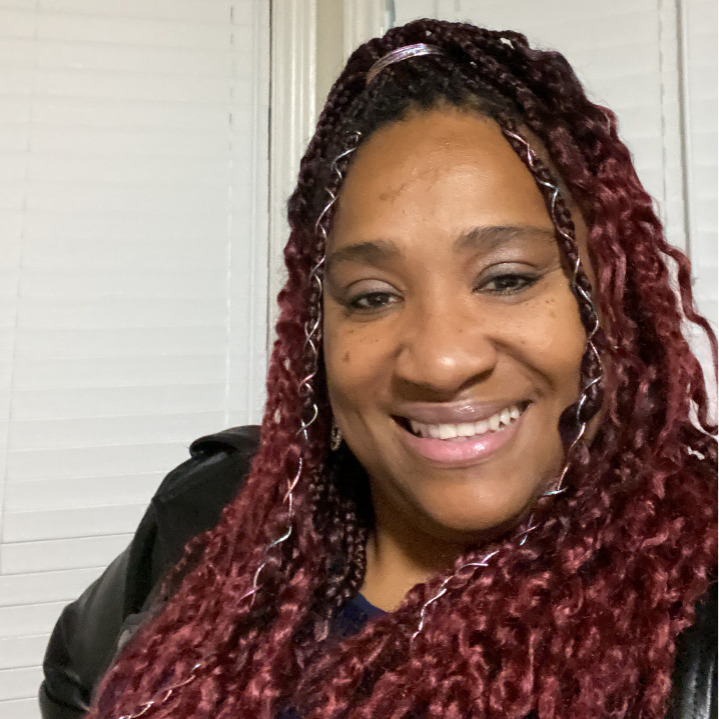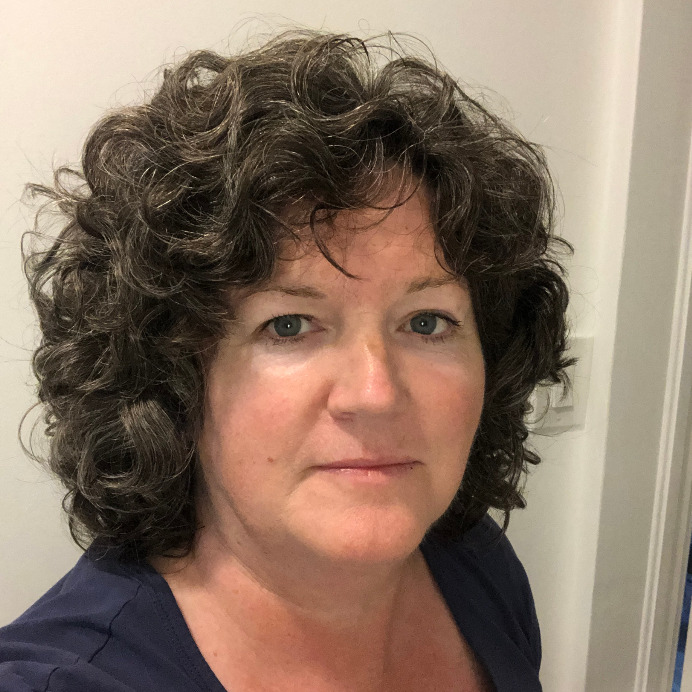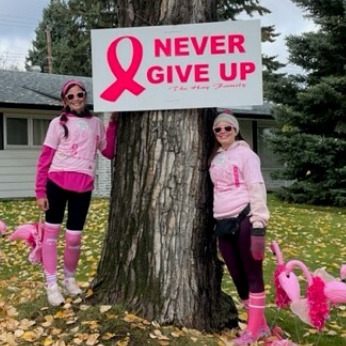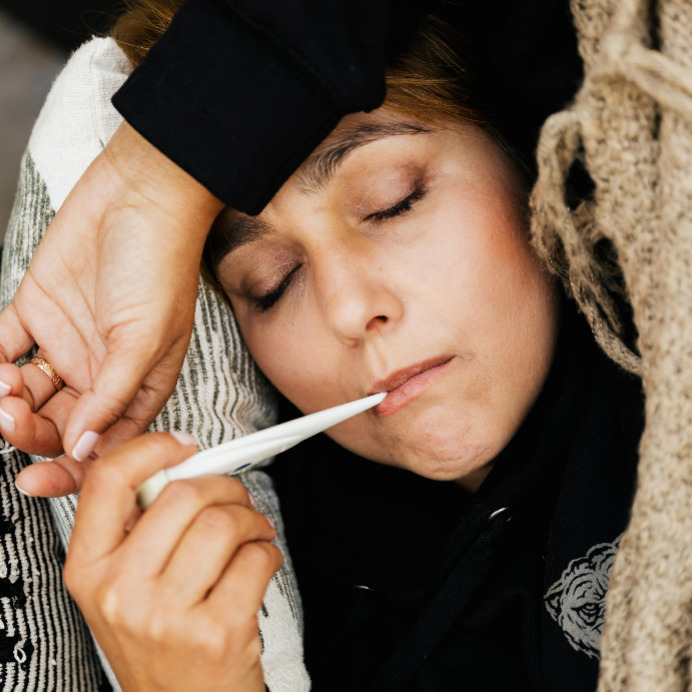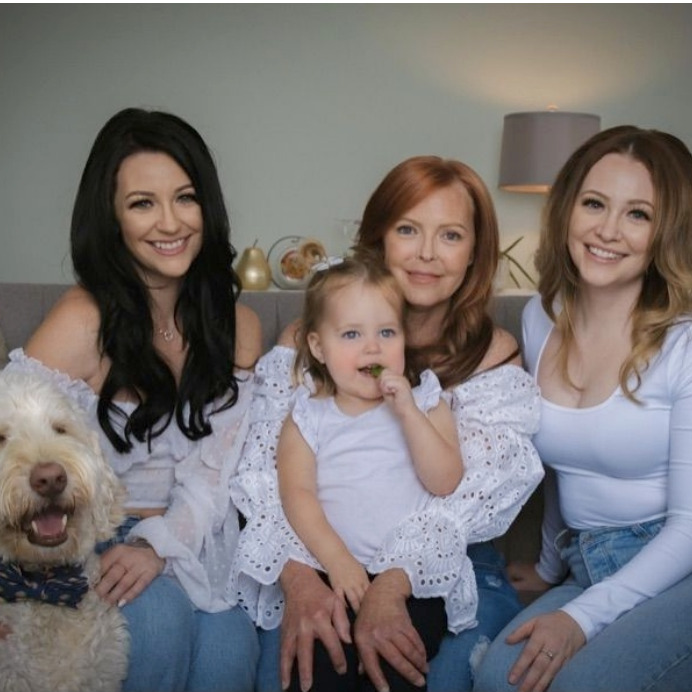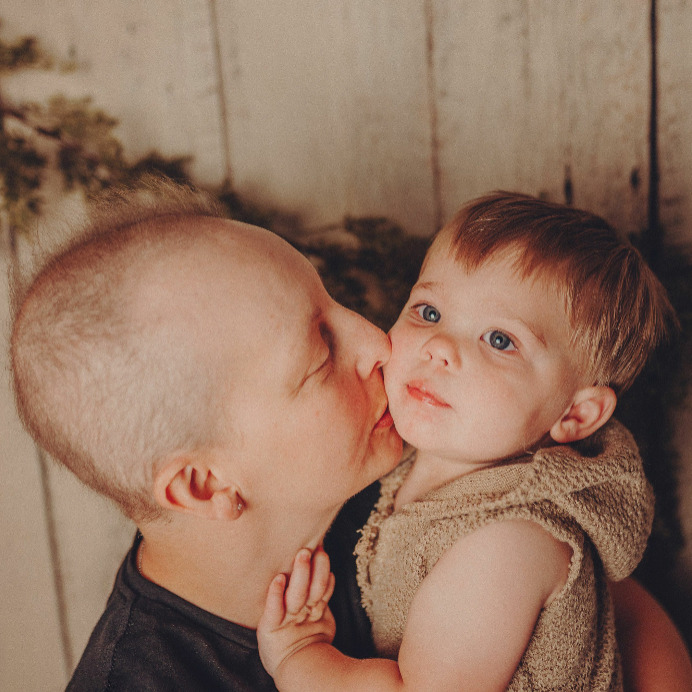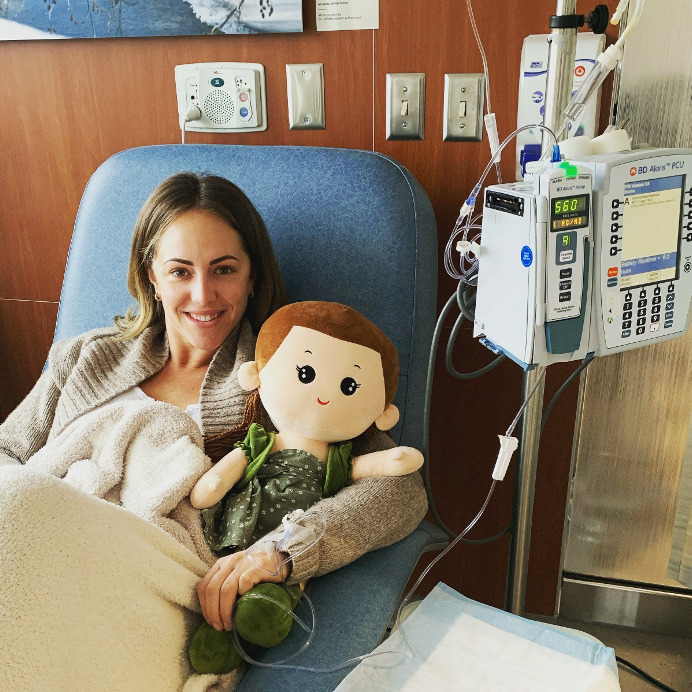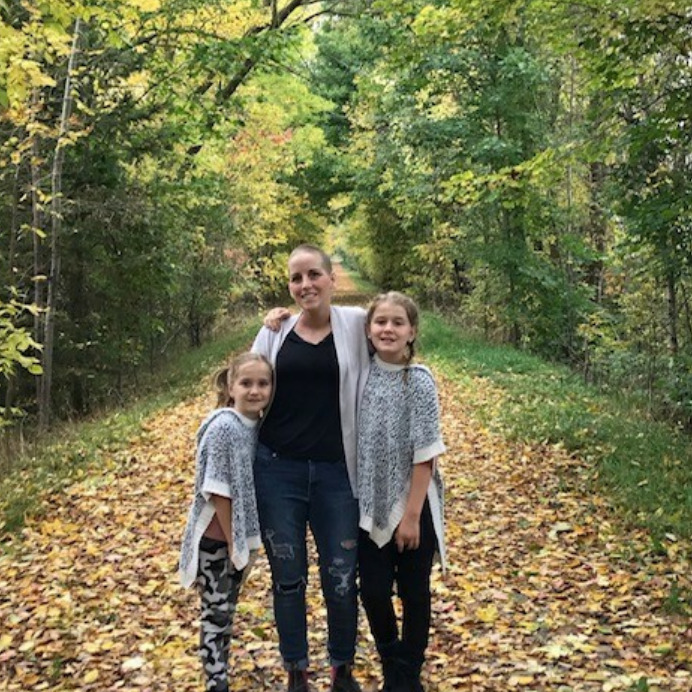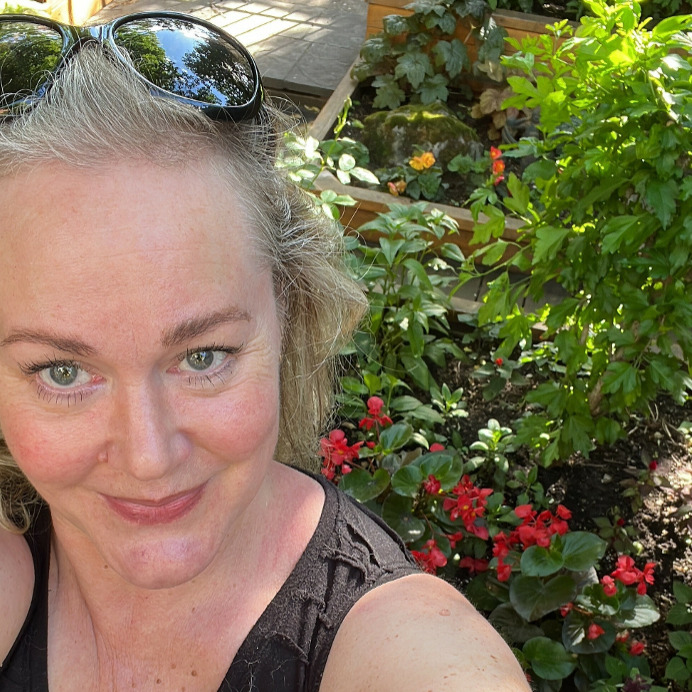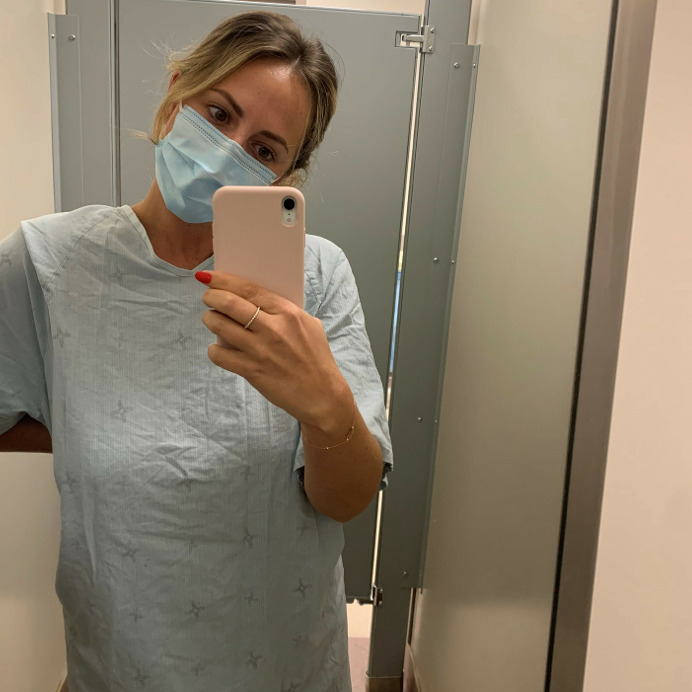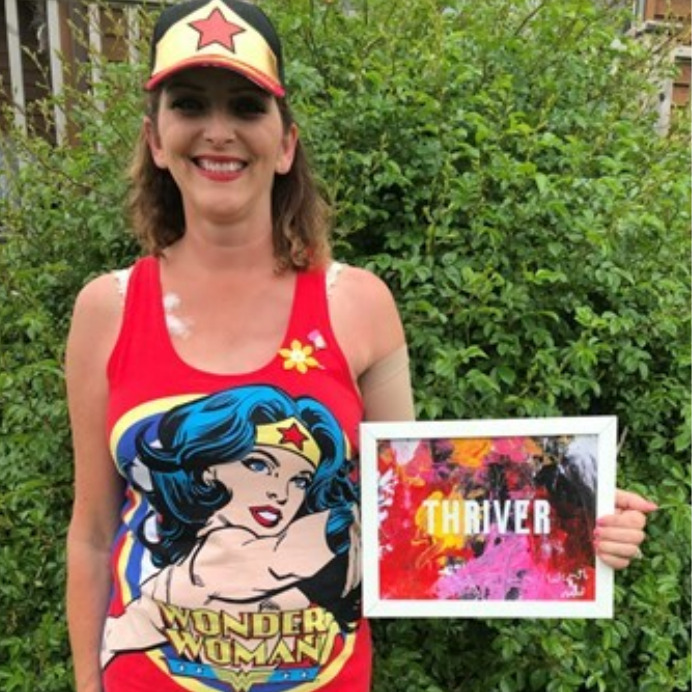By continuing to use our site, you consent to the processing of cookies, user data (location information, type and version of the OS, the type and version of the browser, the type of device and the resolution of its screen, the source of where the user came from, from which site or for what advertisement, language OS and Browser, which pages are opened and to which buttons the user presses, ip-address) for the purpose of site functioning, retargeting and statistical surveys and reviews. If you do not want your data to be processed, please leave the site.
The Voice of People With Breast Cancer
Education
Our Voices Blog
Tag : chemotherapy
Dancing Through Diagnosis, part 2
There was a total of three oncologists from different areas of care that I would meet along the way. Then there is my plastic surgeon! The beginnings of a joke. Three oncologists and a plastic surgeon go into a bar... If you have a good joke for this scenario, I would love to hear it. But this is the thought that keeps popping into my head every time I am told about my surgical team.
Caring for Your Skin Throughout Breast Cancer Treatment
Going through breast cancer treatment can take a toll on your skin, making it more sensitive to issues like dryness, itching, rashes, and hyperpigmentation (where skin patches become darker), to name a few. While skin problems may seem less urgent compared to serious side effects like heart complications or neutropenia, they can still greatly impact your daily life.
We All Have A Purpose
In December 2016, I was diagnosed with Stage III HER2-positive Invasive Ductal Carcinoma, two months after my 39th birthday. It was one of the scariest times of my life. It felt unreal at first and everything became a haze instantly. I never imagined I would hear those words and that they would be talking about me. The next thing I remember is the doctor telling me that they know exactly what to do, and that the survival rate was 88% and I should focus on that. To be honest, most of what she said that day sounded to me like jumbled up words. I allowed myself to cry on the day I was diagnosed but very early on, I decided to only focus on what life would be after cancer.
Why Stopping Cancer Treatment Can Be About Living, Not Dying
Firstly, I want to say that I am not sharing my story to encourage anyone to quit treatment. Please don’t! This is risky. I’m really rolling the dice here. I am choosing my quality of life over longevity. That’s not for everyone. I had been unable to tolerate any of the aromatase inhibitors (AI; a type of hormonal therapy used to lower estrogen levels to slow or stop cancer growth), so I felt I had little choice but to pursue other options.
Can You Do the Tamoxifen Time?
I’m a Tamoxifen fail. I quit taking the drug just shy of my five-year prescription’s halfway mark. The estrogen-blocking pill fried my short-term memory within the first 14 days and then, tormented me daily with its version of Jay-Z’s “99 Problems.” And lucky me. I experienced every single one of them.
Introducing the HAVEN Patient Support Program
Haven is a patient support program by Sentrex that specializes in oncology; this means our all our staff have oncology expertise. In fact, all Haven’s staff have joined Sentrex from hospital cancer centres. Haven offers certain patient support such as insurance reimbursement assistance and pharmacy services.
Stronger Together: Sharing Genes and Breast Cancer Journeys
My name is Cortney Drover, and my identical twin sisters’ name is Connie Claeys. We are 37-year-old females living with Stage IV metastatic breast cancer, and being identical twins, we both carry the BRCA2 gene. Here is our story.
Neutropenia and Febrile Neutropenia
Neutropenia is a condition caused by lower-than-normal amounts of neutrophils, a type of white blood cell. Neutrophils fight infection in the body by killing harmful bacteria and other blood-borne pathogens. The most common cause of neutropenia during breast cancer treatment is chemotherapy, though other types of cancer medicine can also cause it. Chemotherapy can cause neutropenia because it kills rapidly dividing cells, such as cancer cells. It can also affect other quickly dividing cells in our bodies, including white blood cells, red blood cells, and platelets. When chemotherapy destroys too many white blood cells, neutropenia occurs.
I Am a Mother with Cancer
I am a metastatic breast cancer patient with liver and spine metastases. I am also a mom and a grandmother. One day, I felt a very hard pea-sized lump right under the skin. My family physician sent me for a mammogram and ultrasound. The radiologist came in and said he was concerned and brought me back the following day for a biopsy. I was diagnosed with invasive ductal carcinoma. I was petrified and scared. Since working at a cancer centre, I had every bad scenario going through my mind. I had a double mastectomy followed by four months of chemotherapy and seven weeks of radiation. It was difficult losing my hair, feeling nauseous and weak but I was determined to beat this horrible disease.
Memory Blank: the Stupid Side of Tamoxifen, Chemo and Radiation
Is there anyone out there who feels like I do? Like they’ve lost a part of their memory to tamoxifen, chemotherapy and/or radiation and will never get it back? If you are like me, do you ever wonder where your memory went, like, is it on the beach in Puerto Vallarta or maybe it took a sabbatical and didn’t provide a return date?
A Mother and a Young Cancer Patient
I am 33-year-old woman from Alberta, Canada. I used to work in the oilfield until I had my son in September 2021. I used to be very independent, and an active dog mom to four dogs. I am now a proud mom of five dogs and one tiny human! I found a lump at two months postpartum but thought it was a blocked milk duct. It kept getting bigger, so I went in on February 28, 2022. I was sent to get an ultrasound and a mammogram on March 1st and 2nd. I was biopsied on March 4th, and my pathology report came back on March 21st. I was diagnosed with invasive ductal carcinoma.
We Asked You About Chemotherapy Side Effects
Experiencing side effects from breast cancer treatment is a common occurrence for patients. While systemic chemotherapy, radiation, and targeted therapy are effective treatments for breast cancer, learning to cope and live with their unwanted or unexpected side effects can be challenging. We reached out to breast cancer patients to hear about their experiences with this.
I Don’t Look Sick: My Life with MBC
I have advanced stage 4 Metastatic Breast Cancer (MBC). MBC is when breast cancer has spread to other parts of the body. Typically, it spreads to the bones, liver, lungs, and brain. There is currently no cure for MBC but there is treatment, and some women can live for many years.
To the Girl Standing in The Blue Hospital Gown, Part 2
I’m still scared and I’m still nervous, but I’m okay. I’m finding a sense of peace and calmness in all of this chaos. These past 42 days have been life changing. Being diagnosed and the end of a relationship has really tested my ability to find acceptance in everything. I continue to smile and laugh; life is truly incredible. The universe works in ways that I’ll never fully understand and in the darkest moments there is still light to be found.
Podcasts for Peace of Mind
I came to the Podcast game way late, like decades late. So when most people were tuning in on their morning commute to work, I was still listening to the mumbo jumbo in my head instead. Not that there’s anything wrong with this, I’ve always enjoyed my own company and I’m also a bit of a late bloomer which can translate into sometimes being a latecomer, so there’s that. But if I knew then how much I love a good podcast now, I’m fairly confident the time I spent waiting in Princess Margaret Hospital’s air-conditioned rooms would have passed by a lot quicker.
My Genetic Test Results Changed my Treatment Plans
Stacy Zelazny lives in a tiny town in Ontario, literally, she resides in a little-known place called Tiny, Ontario. Stacy describes herself as a mom of two amazing girls who is married to her best friend and winning the biggest fight of her life.
I’ll Take a Pass on the Cancer Platitudes, Thanks
“Breathe.” “Just breathe.” If I had a dollar for every time someone told me to do this —while I anxiously waited for my biopsy results, had another round of MRI exams, before and after surgery, throughout the months-long treatment and the years I spent swallowing a daily dose of Tamoxifen — I’d have a down payment for a vacation home in Mexico.
To the Girl Standing in The Blue Hospital Gown, Part 1
Well, the results are in.
Take a seat.
Take a deep breath.
It’s positive.
The Four Stages of My Stage Four MBC
One night in July 2015, I went to sleep, and everything was fine. When I woke up, it was obvious that everything was not fine. My left breast was swollen, inflamed and painful. I was shocked and worried but tried not to overreact. Then I started making excuses. Maybe my period was coming. Maybe it was cellulitis. Maybe it was a clogged milk duct. Maybe it was. Maybe it. Maybe …
FinNav Five: Support Items and Packages
To highlight the various types of programs listed in FinancialNavigator, we have put together this blogpost series, FinNav 5. In this post, we highlight five programs that provide prostheses, wigs, and other care support items and packages.

